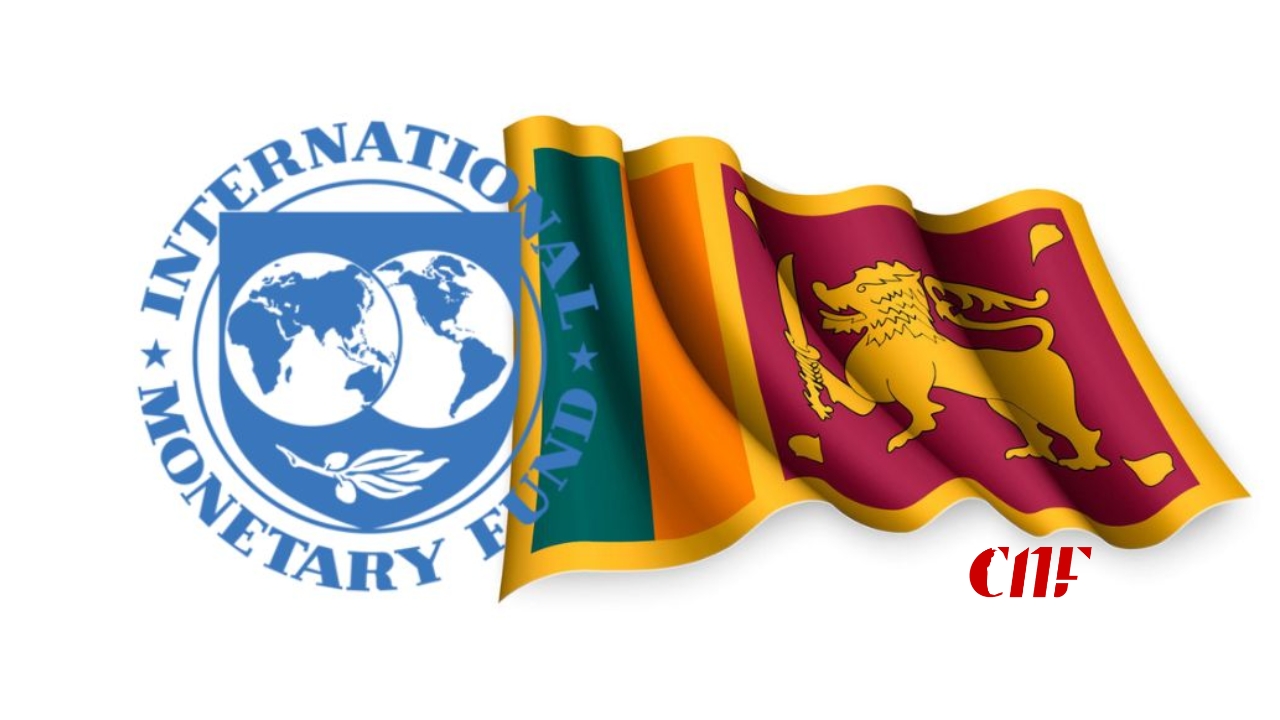Colombo, October 9, 2025 — The International Monetary Fund (IMF) and the Government of Sri Lanka have reached a staff-level agreement on economic policies to conclude the Fifth Review of the country’s reform program, supported by the IMF’s Extended Fund Facility (EFF).
An IMF mission team led by Mr. Evan Papageorgiou visited Sri Lanka from September 24 to October 9, 2025, to assess macroeconomic developments and policy progress under the four-year EFF arrangement. This program, approved on March 20, 2023, provides SDR 2.3 billion (approximately US$3 billion) in total financing to support Sri Lanka’s economic stabilization and recovery efforts.
“IMF staff and the Sri Lankan authorities have reached staff-level agreement on the Fifth Review,” Mr. Papageorgiou stated. “This agreement is contingent on Parliamentary approval of the 2026 Appropriation Bill and completion of the financing assurances review to confirm multilateral partners’ contributions and progress on debt restructuring.”
Once approved by the IMF Executive Board, Sri Lanka will gain access to SDR 254 million (about US$347 million), bringing total disbursements under the EFF to SDR 1,524 million (around US$2.04 billion).
Strong Economic Recovery and Reform Progress
Sri Lanka’s reform program has delivered positive economic results:
- Economic growth reached 4.8% year-on-year in the first half of 2025, with solid growth expected to continue through the year.
- Inflation returned to positive territory, rising 1.5% year-on-year in September.
- Gross official reserves stood at US$6.1 billion at the end of September.
- Fiscal performance has improved, primarily through revenue from motor vehicle import taxes.
- Debt restructuring is approaching completion.
The IMF highlighted that program performance remains strong, driven by robust fiscal revenue and improvements in external resilience.
Fiscal Reforms and Structural Measures
The IMF emphasized the importance of aligning the 2026 Budget with program parameters to build fiscal space through strong revenue measures and prudent spending. Key priorities include:
- Enhancing tax compliance and broadening the tax base
- Reducing revenue leakages and strengthening tax exemption frameworks
- Improving public financial management and addressing capital spending under-execution
- Maintaining cost-recovery energy pricing and strengthening SOE governance
- Advancing reforms in public procurement, public-private partnerships, and asset management
The IMF also urged the government to accelerate debt restructuring agreements with remaining creditors and operationalize the Public Debt Management Office to improve investor confidence.
Protecting the Vulnerable and Strengthening Governance
Protecting vulnerable groups remains a top priority. The IMF recommended improvements to welfare benefit schemes to enhance targeting, adequacy, and coverage of social spending.
Additionally, governance reforms are central to sustaining economic gains. This includes:
- Strengthening the anti-corruption framework
- Advancing procurement reforms and digitalization of revenue administration
- Ensuring the independence and capacity of the Commission to Investigate Allegations of Bribery or Corruption (CIABOC)
- Implementing electronic asset declarations
Monetary Policy and Financial Stability
The IMF called for a data-driven monetary policy to maintain price stability, safeguard central bank independence, and refrain from monetary financing of the budget. It also emphasized:
- Building foreign reserves while allowing exchange rate flexibility
- Resolving non-performing loans and strengthening state-owned banks
- Enhancing insolvency and resolution frameworks
High-Level Engagement and Continued Support
During the mission, the IMF team met with President and Finance Minister Anura Kumara Dissanayake, Prime Minister Dr. Harini Amarasuriya, and other senior officials including Central Bank Governor Dr. P. Nandalal Weerasinghe and Treasury Secretary Dr. Harshana Suriyapperuma. Meetings also included parliamentarians, private sector leaders, civil society groups, and development partners.
“We reaffirm our commitment to supporting Sri Lanka in achieving strong, sustainable growth,” the IMF statement concluded.







